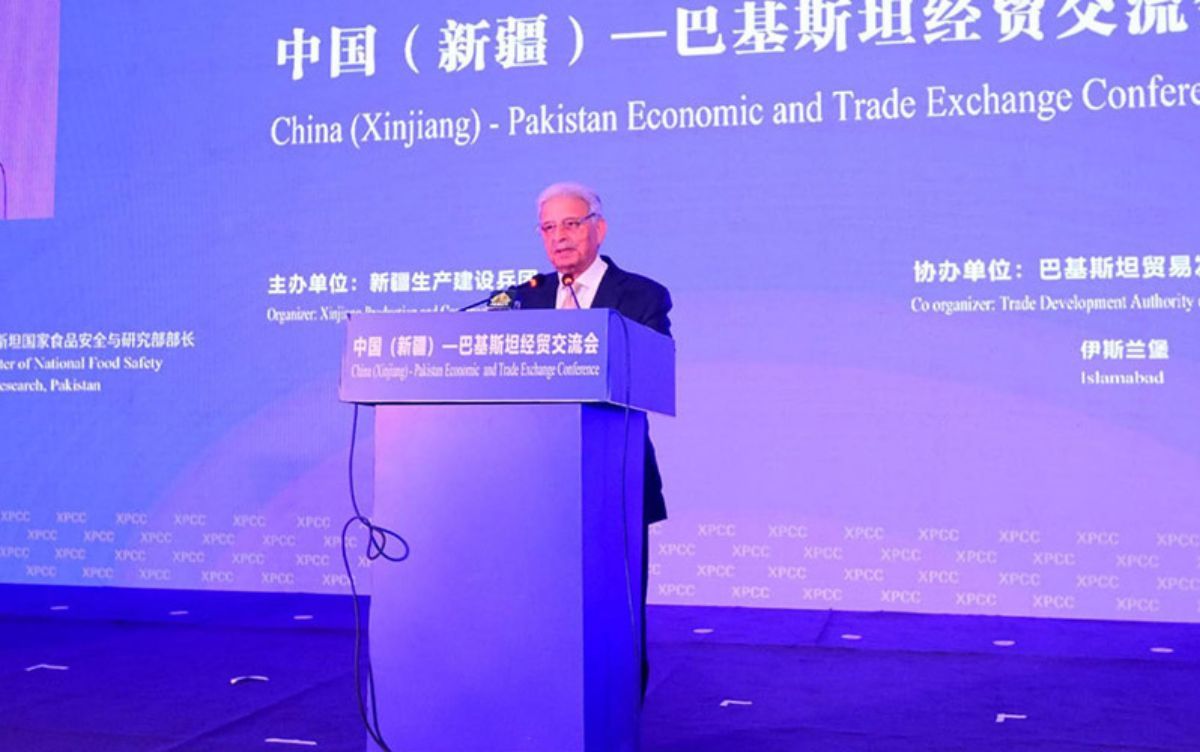Pakistan Seeks Chinese Investment in Agri-Tech Development
Pakistan has opened the doors for Chinese enterprises to invest in its agriculture sector, aiming to foster stronger bilateral cooperation in irrigation technologies and modern farming systems. This invitation was extended by Minister for Food Security, Rana Tanveer Hussain, during a meeting with a Chinese delegation led by Ambassador Jiang Zaidong at the China-Pakistan Economic and Trade Exchange Conference in Islamabad.
To modernise its agriculture landscape, Pakistan has launched significant reforms, including the formation of a new regulatory body to align local food safety standards with global benchmarks. Agriculture remains vital to the national economy, employing 38% of the workforce and contributing about 19% to GDP. However, persistent issues such as outdated farming practices, limited technological input, and non-compliance with international SPS standards continue to hinder growth.
 P.c. China Pakistan Economic Corridor
P.c. China Pakistan Economic Corridor
The Minister underscored the potential of public-private partnerships and encouraged enterprises like XPCC and China Xinjiang Group to explore investment avenues across agri-business value chains. Proposals for joint ventures, research collaborations, and setting up demonstration farms and agri-tech centres were welcomed to bridge the technological gap.
Discussions highlighted critical areas including seed development, efficient irrigation, cotton production, and agricultural research. Pakistan’s cotton sector, in particular, has suffered due to low yields and aging seed varieties—challenges where Xinjiang’s experience in dryland productivity could offer valuable insights.
Ambassador Zaidong expressed China's readiness to deepen collaboration, praising Pakistan’s openness and reformist mindset. He emphasised the scope for long-term partnerships in food security, rural uplift, and knowledge sharing.
The push for agricultural investment is aligned with broader economic reforms being driven by Pakistan's Special Investment Facilitation Council (SIFC). This civil-military hybrid body aims to attract foreign investment in strategic sectors—agriculture being a top priority—as part of efforts to overcome the country’s macroeconomic instability.